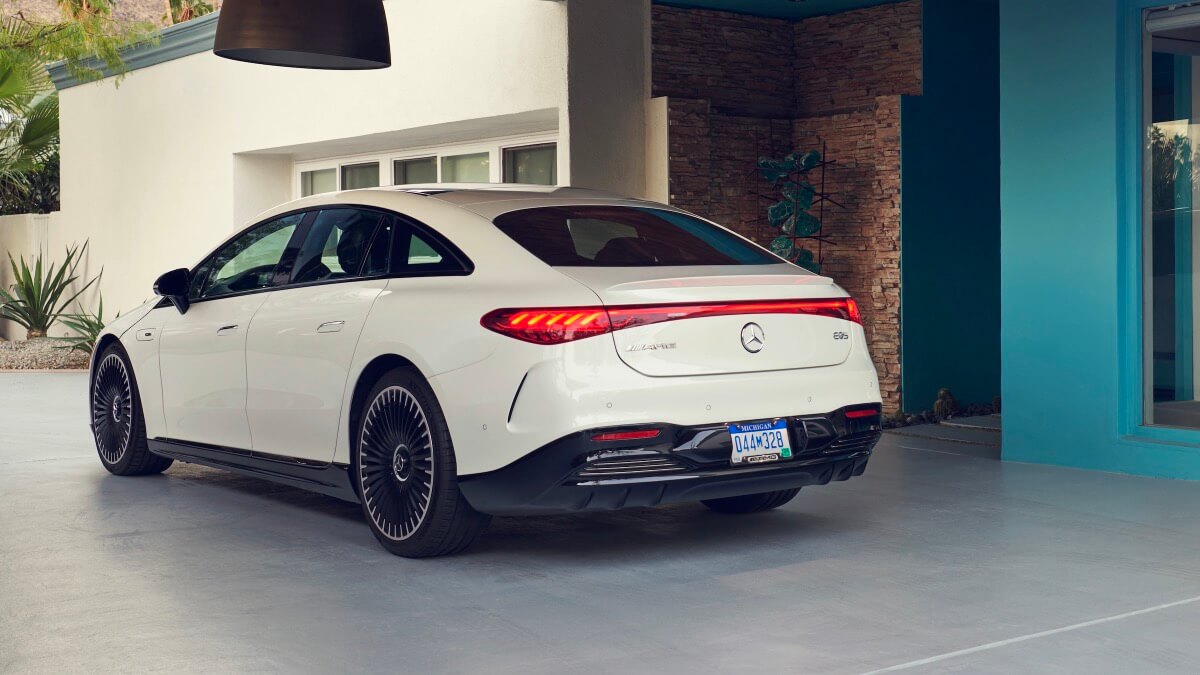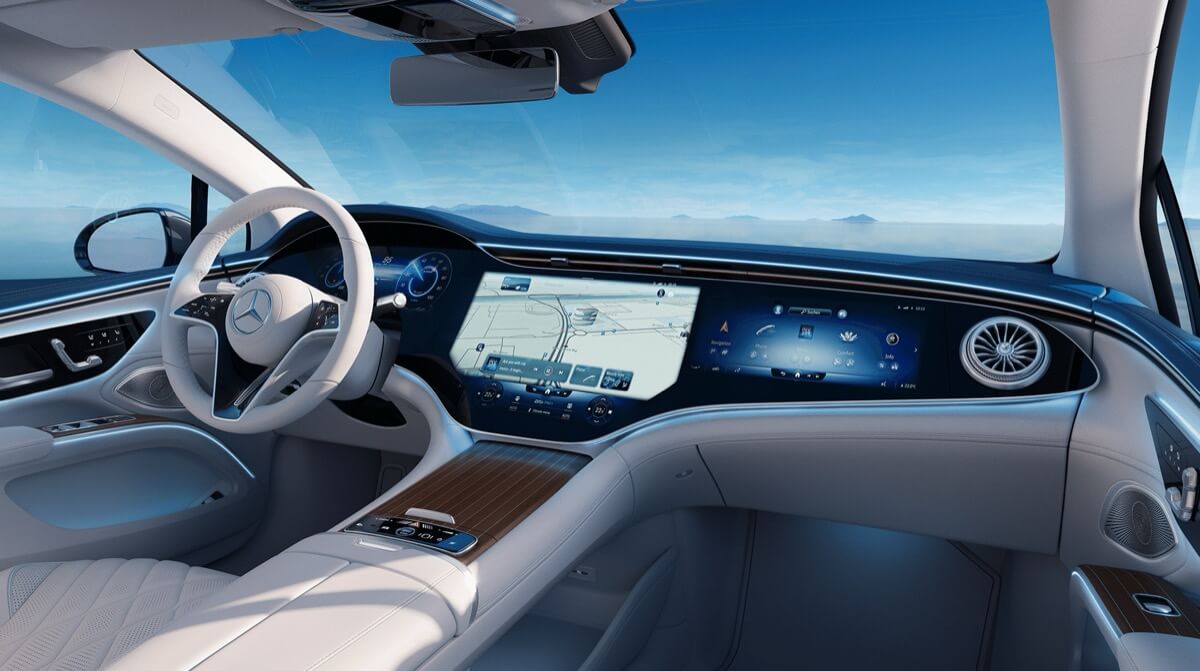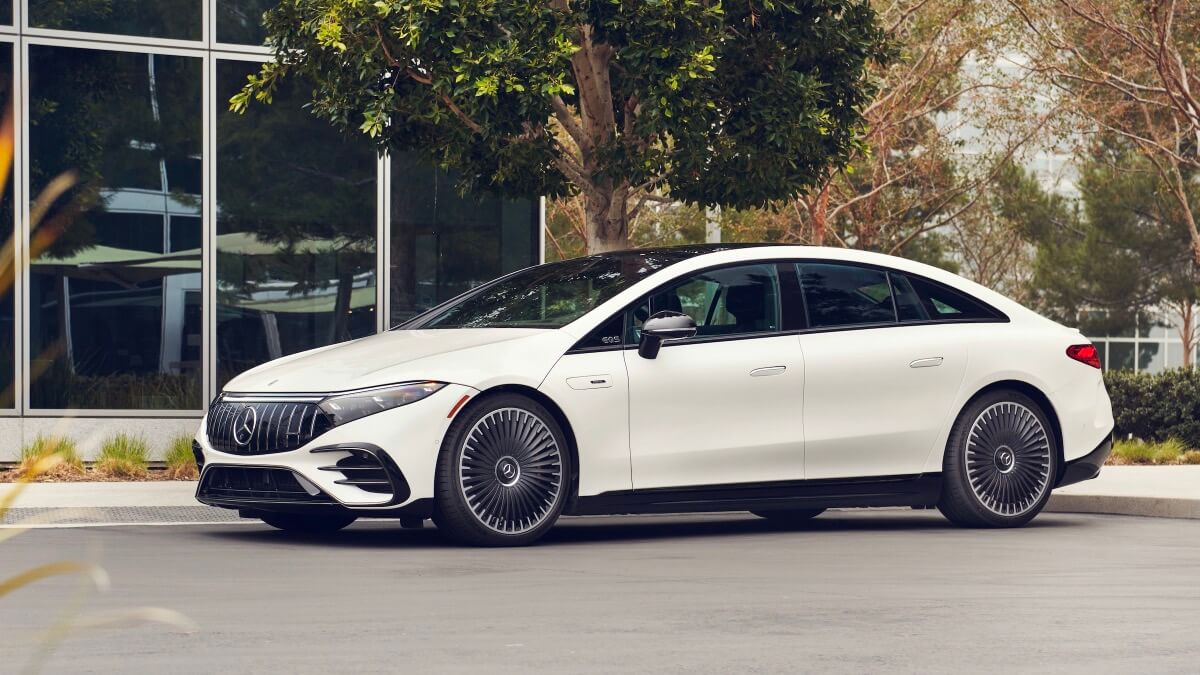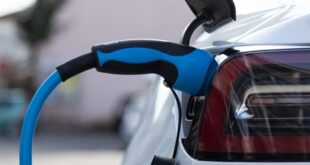That’s about half of its original value!
If you’re in the market for a new car, you might want to consider the steep depreciation of luxury electric vehicles (EVs), especially if you’re eyeing high-end models like the Mercedes-Benz EQS. According to a recent study by iSeeCars, the Mercedes-Benz EQS tops the chart of the fastest depreciating cars, losing a shocking 47.8% of its value, or about $65,143, within just one year. That’s a hefty price drop that might turn heads if you’re looking for a deal in the second-hand market.
It’s not just the EQS facing this plummet. Other EVs are also seeing significant depreciation. The VW ID.4, Hyundai Ioniq 5, Kia EV6, and Nissan Leaf each lose more than 30% of their value in the first year. These figures show that despite their initial high cost and the buzz around new technology, EVs are quickly losing their value once they hit the road.
Why such a steep decline? Several factors are at play. The high cost of development, uncertainties about battery life, and a rapidly evolving technology landscape mean today’s new and shiny can quickly turn into tomorrow’s old news. This depreciation trend isn’t limited to EVs alone; luxury vehicles in general are prone to quick value drops, which also affects high-end models like the Alfa Romeo Stelvio, Giulia, Jaguar F-Pace, and even the Mercedes S-Class.

However, not all vehicles suffer the same fate. Take the Range Rover, for example, which actually appreciated by 2.8% after a year. This anomaly can be attributed to its high demand and slower market supply, making it a rare breed in the used car market. Similarly, hybrids are holding onto their value much better than fully electric models. According to the same study, hybrids make up half of the top ten models that have depreciated the least, indicating a growing preference for these more economically priced alternatives.
Interestingly, while some EVs sink, others like the Tesla Model X and Model Y defy the trend, showing much lower depreciation rates than the industry average. The Model X lost just 6.9% of its value, and the Model Y 8.3%, showcasing strong market retention and perhaps a higher confidence in Tesla’s technology and battery longevity.
What does this mean if you’re car shopping? If you’re looking for luxury and don’t mind a bit of depreciation, then high-end EVs might offer a great bargain in the lightly used market. For those aiming for new purchases with value retention, hybrids or select models like the Range Rover might be the way to go. And if you’re a fan of Tesla’s approach, the lower-than-average depreciation rates of their vehicles might justify the premium price tag.
Ultimately, buying a car is as much about understanding the market as it is about choosing a model. With the rapid shifts in vehicle technology and consumer preferences, keeping an eye on trends like these can help you make a smart, informed decision about whether you’re buying new or used.









